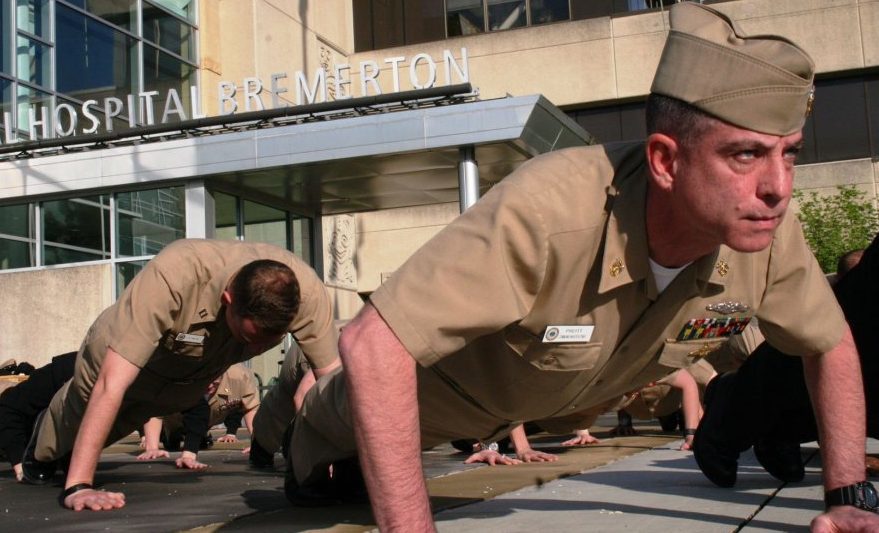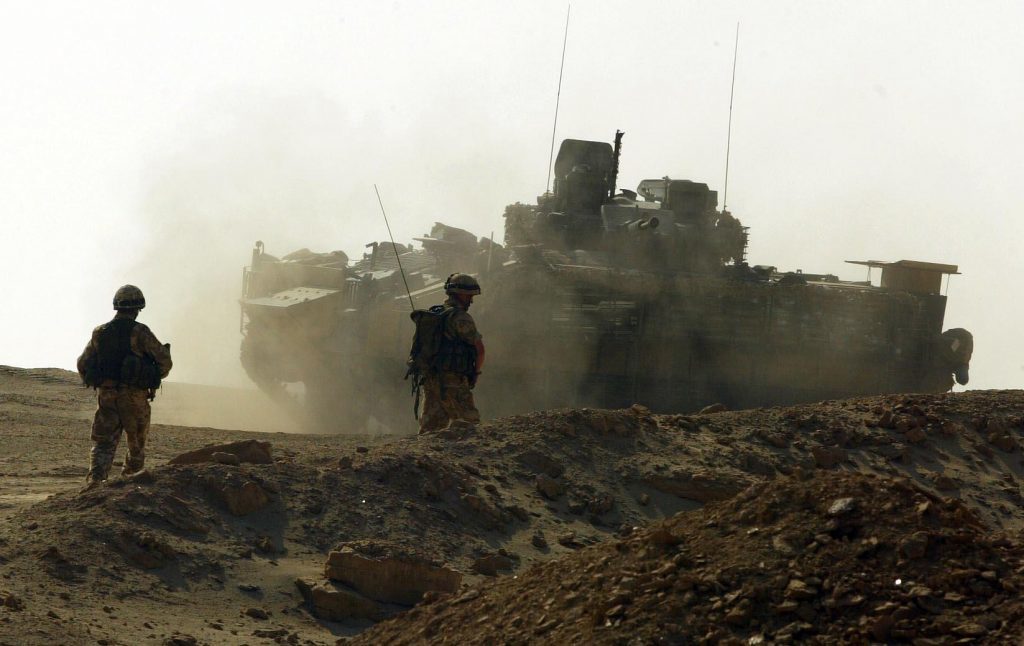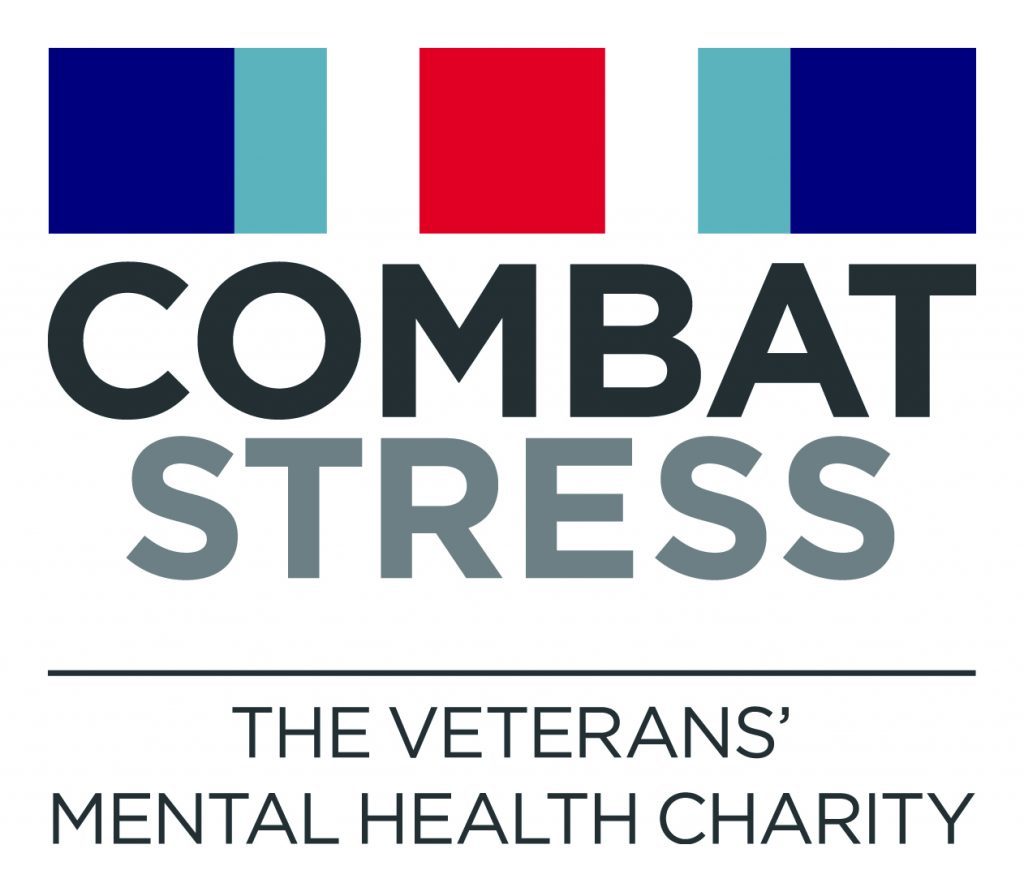Thousands worldwide have taken on the 22 push-ups challenge to raise awareness of veteran suicide. Michael Alexander, who has also taken on the challenge, reports.
Having soaked ourselves in freezing water last year for charity, it seems we are now giving ourselves sore muscles in a good cause.
The latest internet craze is one that involves filming yourself doing 22 push-ups every day for 22 days.
The #22PushUpChallenge was launched by an army veteran in Michigan, USA, to get people talking about Post Traumatic Stress Disorder (PTSD).
It was set up in response to a shocking US Department of Veteran Affairs report in 2013 which revealed an average of 22 veterans took their own lives every day in the country.
Now, with the online campaign having spread like wildfire since the turn of the year, people everywhere from Denver to Dundee and California to Cupar are taking up the challenge which, as well as being good exercise, is drawing attention to the problem of PTSD amongst veterans worldwide.
The idea is that participants start their video with an introduction then record themselves doing push ups before posting it to social media with the hashtag #22PushUpChallenge. With every posting, a nomination should be made for another social media friend to get involved.
However, while the Push-up Challenge may have originated in the USA, it is also being supported by British veterans’ charities, which have also reported a spike in reports of PTSD, including younger veterans.
“You can do as many or as few push ups as you can or choose,” explains American campaign group #22KILL on its website, which was launched in response to the 2013 suicide report.
It’s a cause close to the heart of St Andrews man Graham Proctor, a former RAF Leuchars weather forecaster, who, over the past four years, has helped over 60 traumatised veterans from the UK, Canada, Australia and the USA improve their mental health through golf trips to Scotland organised by his charity St Andrews Legacy.
He has learned that PTSD can vary enormously from explosive anger, depression and alcohol abuse to flashbacks where the sufferer is catapulted back to feel as if they are back in the war situation.
He takes satisfaction from helping people like US Army Iraq veteran and PTSD sufferer Eric Scott who recently travelled to play golf in St Andrews. Scott suffered a traumatic brain injury from an explosion whilst on patrol, also sustaining shoulder and knee injuries, and in another incident one of his good friends was killed after taking his place. He describes the guilt for this as “brutal” and defines PTSD sufferers as “anyone who’s seen something a human being shouldn’t see.”
“In recent years the British Army have lost more guys through suicide than they have in combat, “says Graham, who is working to bring over a group of Oklahoma-based ‘Remembering the 22’ campaigners to St Andrews next year.
He highlighted similar trends in Australia where recent figures from Queensland-based organisation Walking Wounded revealed suicides related to PTSD have claimed 239 lives since 1999 compared to the 41 fatally wounded in the Afghanistan war.
One former Fife-based Royal Engineer who served on peacekeeping , war fighting and counter insurgency operations, still serving with the Army Reserve, told The Courier: “There is a (Ministry of Defence) system in place but I think it is under strain. Some suffer from stress as opposed to PTSD. More knowledge will lead to quicker and correct diagnosis.”
While many have linked the suicide figures to those who fought in Iraq and Afghanistan, the US report suggested it is mainly older veterans who are at risk – the average age of veterans who take their own lives in the US is 59.6 years old.
Many of those have been directly linked to recent combat in the Middle East, Falklands and Northern Ireland.
In the spring of last year, Combat Stress, the UK’s biggest veterans’ mental health charity, reported the number of ex-forces personnel seeking help in the previous year had risen by 26% year-on-year – an increase driven mainly by individuals who fought in Afghanistan and Iraq.
Recent figures suggested nearly 400 British soldiers and veterans committed suicide between 1995 and 2014.
Perhaps unsurprisingly then, Combat Stress is also supporting the #22PushUpChallenge, which it sees as a great way for people to raise awareness of veterans’ mental health, and at the same time make a donation to charity.
Journalist and author Matthew Green explored the issues in his recent book ‘Aftershock – The Untold Story of Surviving Peace’
He told The Courier he did not intend to imply that all former combatants are psychologically damaged.
Large numbers go on to make a smooth transition to civilian life and some see their time in the military as the highlight of their lives.
Yet it is equally true, he said, that there are tens of thousands who have suffered serious psychological injuries over the years, and who continue to live with the consequences every day.
- To find out more go to www.combatstress.org.uk












